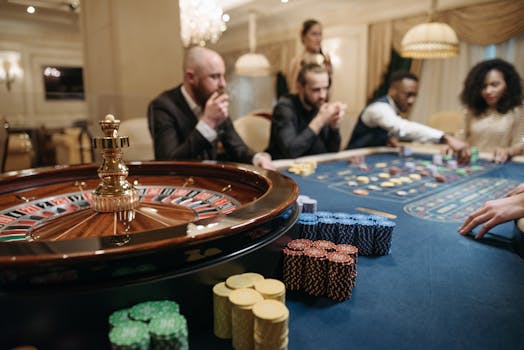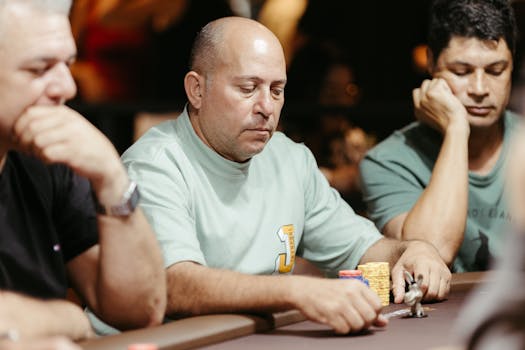Dice Games: A Look into the Origins of Gambling
Gambling, a pastime as old as civilization itself, finds its roots deeply embedded in the history of dice games. From ancient alleyways to modern casinos, dice games have evolved but always played a pivotal role in entertainment and economic activity across cultures. This article explores the origins of gambling through the lens of dice games, comparing the traditional and modern approaches to this form of leisure and their impact on society.
Origins of Dice and Gambling
Dice games are believed to be some of the oldest forms of gambling, with origins tracing back to ancient times. The earliest dice were made from bones, including knuckle and ankle bones of animals, leading to their original name 'knucklebones'. Archaeological evidence suggests that dice games were popular in ancient civilizations such as Egypt, China, and Mesopotamia.
One of the oldest known dice games is "Senet", played in ancient Egypt around 3500 BC. This game combined elements of luck and strategy, using a grid of 30 squares and a set of sticks to determine movement, much like modern dice.
Traditional vs Modern Dice Games
Comparing traditional and modern approaches to dice games reveals both continuity and change. Traditional dice games, often simple and requiring few materials, allowed for social interaction and were accessible to people of all classes. Modern dice games, while still accessible, often incorporate more complex rules and technologies.
Advantages of Traditional Dice Games
- Simplicity and Accessibility: Traditional games require minimal equipment, making them easily accessible and playable by anyone, regardless of social status or wealth.
- Social Interaction: These games were often played in social gatherings, promoting community bonding.
- Limited Variety: Traditional forms often had simpler rules and limited variations, which could reduce interest over time.
- Fairness Issues: Without standardized dice, games could be easily manipulated, leading to fairness concerns.
- Diversity and Complexity: Modern games come in numerous varieties with complex strategies and themes, appealing to different interests and age groups.
- Technology Integration: Digital platforms allow dice games to be played online, reaching a broader audience and offering new gaming experiences.
- Loss of Personal Interaction: Online games can reduce face-to-face social interaction, which is a fundamental aspect of traditional dice games.
- Regulation and Legality Issues: The integration of gambling elements in dice games can lead to regulatory and legal challenges, especially online.
Disadvantages of Traditional Dice Games
Advantages of Modern Dice Games
Disadvantages of Modern Dice Games
Practical Examples of Dice Games
A classic example of a traditional dice game is "Craps", popular in casinos and informal settings. Players bet on the outcomes of the roll of two dice. It's simple yet allows for multiple types of bets, making it engaging and versatile.
A modern counterpart is "Zombie Dice", a fast-paced game where players are zombies trying to collect brains, rolling dice that determine their success in catching humans. This game reflects the thematic and complex nature of contemporary dice games, offering a narrative experience alongside strategic gameplay.
Conclusion: The Timeless Appeal of Dice Games
Dice games have not only provided entertainment across millennia but also influenced economic and social dynamics. From ancient Senet to modern Zombie Dice, these games demonstrate the adaptability of dice-based gambling to cultural and technological changes.
Whether you prefer the straightforward, sociable aspect of traditional dice games or the diverse, strategic depth of modern variants, dice games offer something for everyone. For those interested in exploring this fascinating aspect of human culture, consider delving into both traditional and digital dice games to fully appreciate their impact and evolution.
For more information on the history and variety of dice games, visit reliable sources such as historical museum websites or online gaming platforms that provide both historical context and modern gameplay experiences.

.png)





